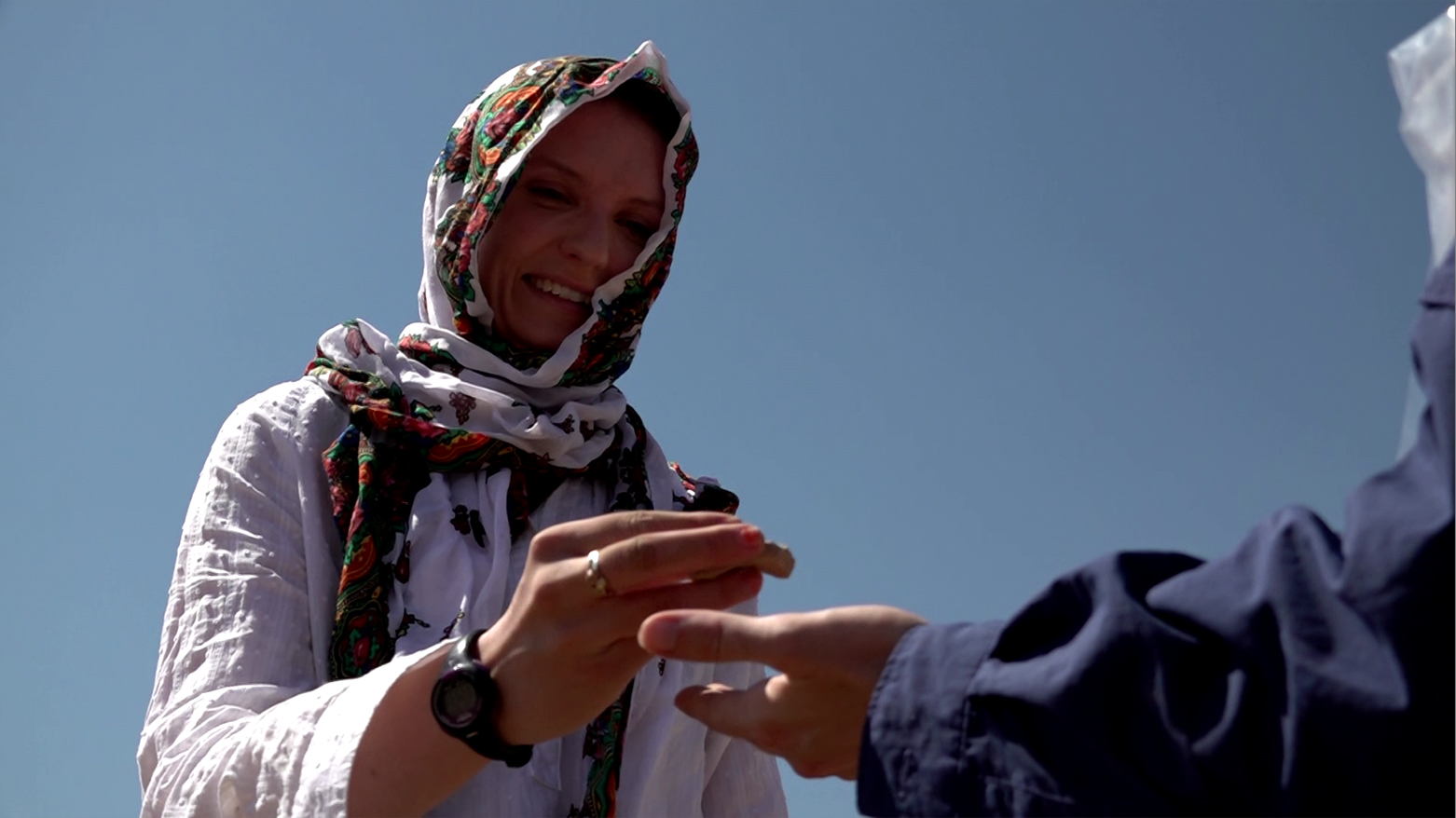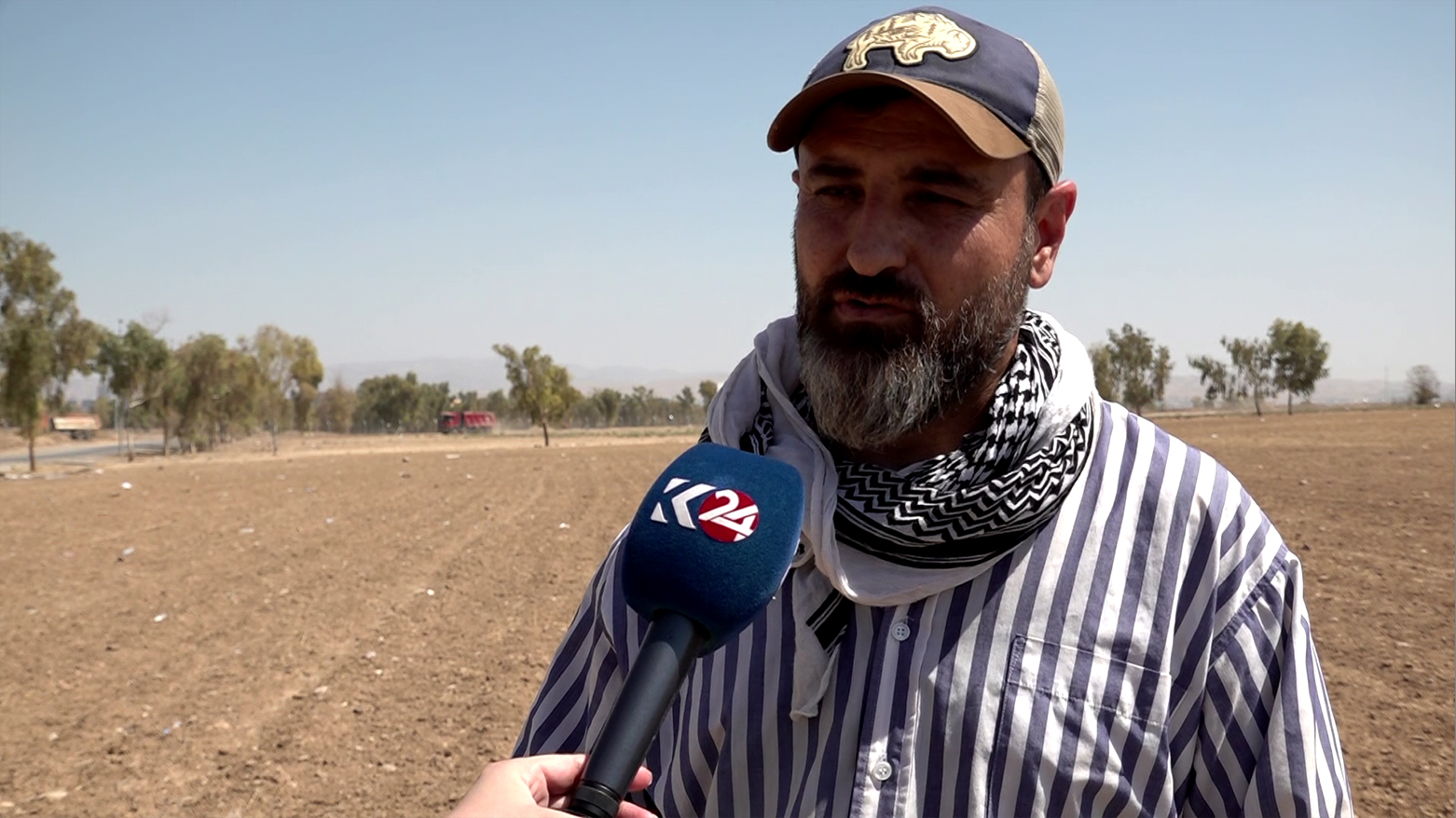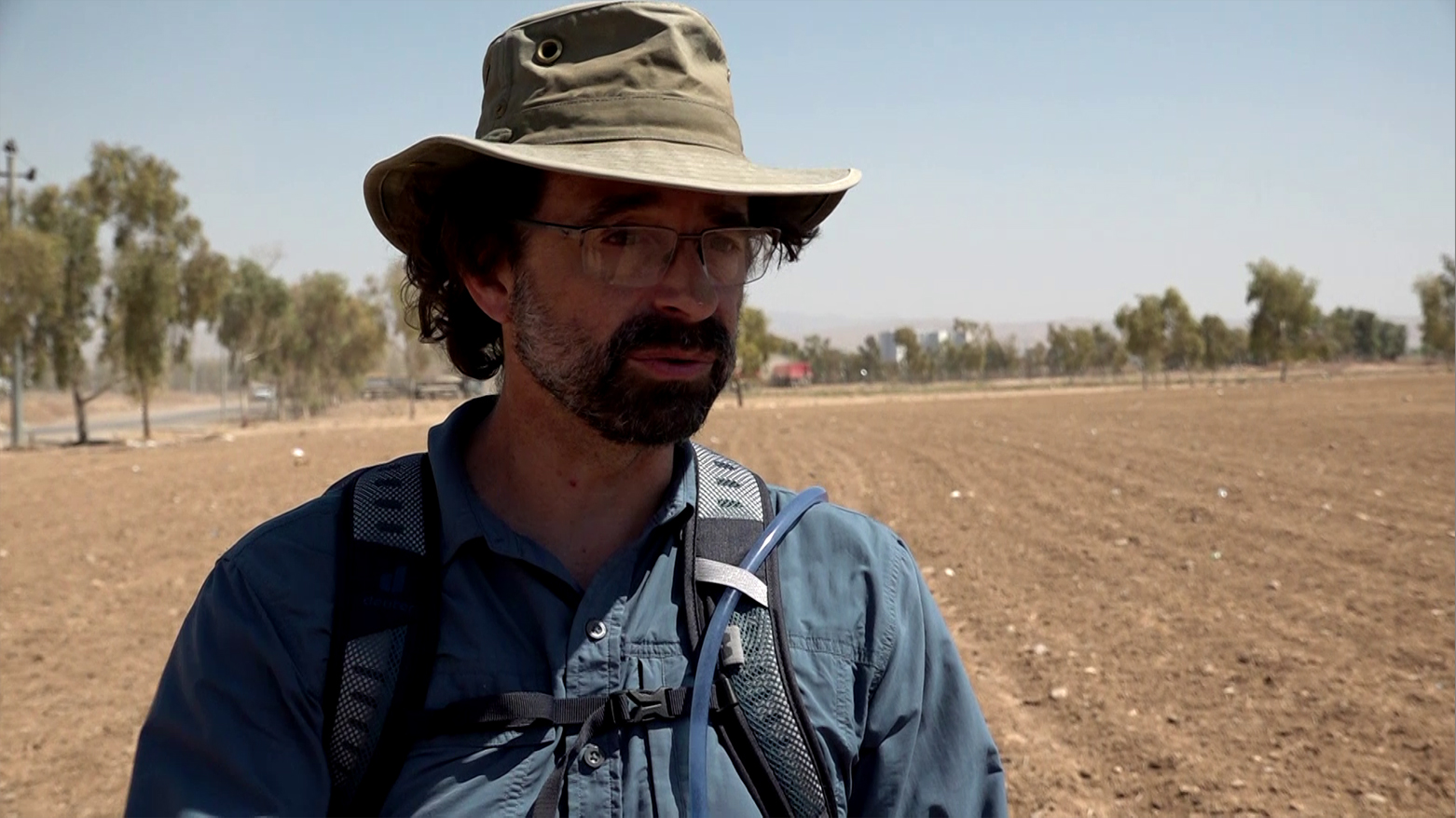Harvard-KRG Mission Uncovers Five New Ancient Sites in Erbil Plain
A joint Harvard-KRG survey in Erbil has identified five new archaeological sites, bringing the provincial total to 988. The discoveries, made in the Green Belt area, underscore the Kurdistan Region's rich history and its crucial role as a "cradle of civilization" in the Middle East.

ERBIL (Kurdistan24) – In a significant expansion of the Kurdistan Region's already vast archaeological map, a joint survey team has identified five previously unknown ancient sites in the Erbil plain, further cementing the region's status as a cradle of civilization and a crucial hub for understanding the sweep of human history in the Middle East.
The discovery, made by a team of archaeologists meticulously surveying the land step by step, underscores the immense historical wealth lying just beneath the surface of the modern landscape and reinforces the vital importance of ongoing international collaboration in uncovering and preserving this shared human heritage.
The new sites were identified during an archaeological survey conducted within the area designated for Erbil's ambitious Green Belt project, a massive environmental initiative designed to encircle the capital. Mohammed Lashkri, the Director of Antiquities Affairs, explained the process to Kurdistan24.
"We are working in Erbil's green belt and have surveyed 11 plots of land in the Pirzin and Baharka areas," he said. "From that number, five archaeological sites were identified that have not previously been registered in any archaeological record."

This painstaking work, which utilizes special electronic maps alongside the firsthand collection of evidence by the survey teams, is part of a long-running and highly successful project implemented by America's prestigious Harvard University in coordination with the General Directorate of Antiquities.
The project, which began in 2012, has been instrumental in systematically identifying and cataloging the Kurdistan Region's rich tapestry of ancient settlements. To date, this collaborative effort has identified and registered a staggering 6,500 archaeological sites across all of Kurdistan.
The latest discoveries bring the total number of identified archaeological sites within the boundaries of Erbil province alone to an impressive 988. According to Jason Ur, the head of the Harvard archaeological mission, this incredible density of ancient sites is irrefutable proof of the region's profound historical significance.
"So far, 988 archaeological sites have been identified within the boundaries of Erbil province," he told Kurdistan24. "This is evidence that the history and civilization of this region are no less significant than the history and civilization of the Middle East."
He emphasized the unique value of the region for scientific inquiry, stating, "Kurdistan is an important place for conducting research, as well as for preserving its civilization and culture."

This ongoing process of discovery is part of a much broader story of a region re-engaging with its deep and layered past, a story that has captured global attention in recent years.
The Kurdistan Region is not only a landscape of ancient cities and tells from the Assyrian, Babylonian, and Sumerian periods, but also a place of profound significance in the deeper story of human origins.
The world-renowned Shanidar Cave, nestled in the Bradost mountains of the Soran Independent Administration, has been a focal point of this story. The 2018 discovery of "Shanidar Z," a 75,000-year-old Neanderthal woman, by a team from the University of Cambridge, sparked renewed international interest and challenged long-held perceptions of our ancient ancestors.
As previously reported by Kurdistan24, the meticulous reconstruction of her face, featured in a popular Netflix documentary, revealed a surprising humanity and has led to the construction of a new museum near the cave to house this icon of human origins.
The archaeological wealth of the Kurdistan Region is not confined to a single cave or time period.
Recent discoveries have continually pushed back the timeline of human settlement and revealed the complexity of its ancient societies. In the Soran administration, a joint mission with the University of Barcelona recently unearthed evidence of a 20,000-year-old human settlement in Plngan Cave.
Near Sulaimani, French archaeologists unearthed the 4,000-year-old city of Kunara, a "miracle city" that is now considered to be on a level of importance with ancient sites like Babylon and Nineveh.
In Duhok province, German and Kurdish archaeologists have resurfaced a 3,400-year-old Mitanni Empire-era city from the Tigris River.
The Kurdistan Region has become a vibrant and essential hub for international archaeological research, with teams from Italy, Germany, France, and the United States working in close collaboration with their Kurdish counterparts.
The former Italian Consul General in Erbil, Michele Camerota, described the cooperation as "very strong," noting that the Kurdistan Region is "sometimes defined as the cradle of civilization." This international partnership is crucial not only for scientific discovery but also for the preservation of this heritage, with the French Consulate, for example, funding the restoration of six ancient monuments in the Amedi district.
As the Harvard mission continues its vital survey work, the identification of these five new sites in the Erbil plain serves as a powerful reminder of the immense historical legacy that the Kurdistan Region holds in trust for the world.
Each newly registered site is another piece in the grand puzzle of human history, a testament to the generations who lived, farmed, and built their civilizations on this land, and a promise of the rich discoveries that still lie ahead.